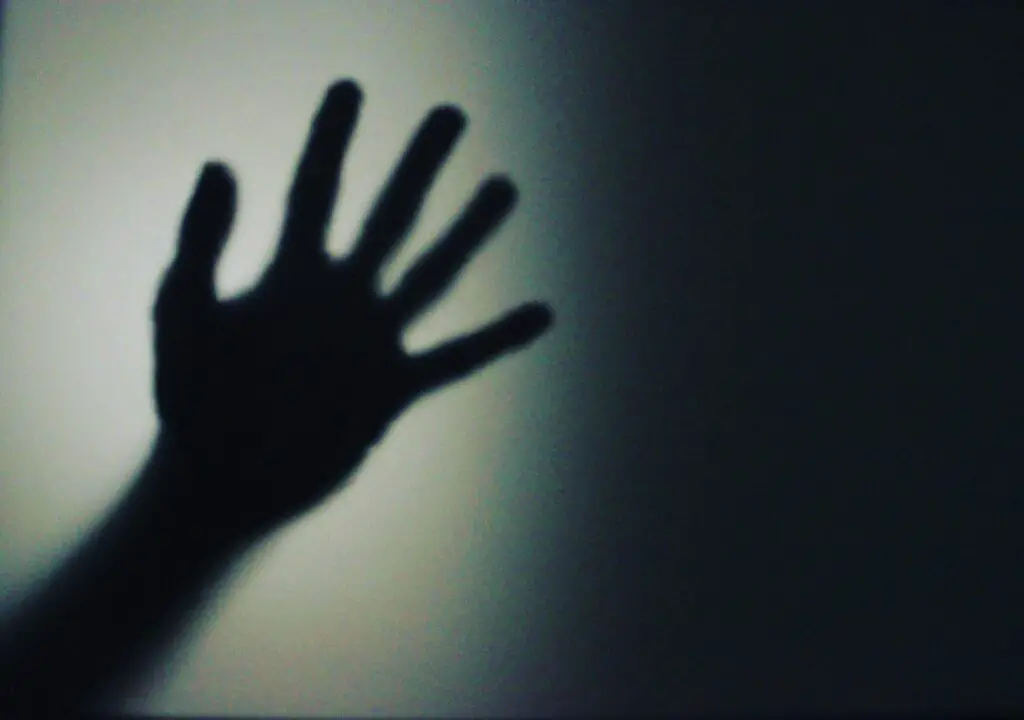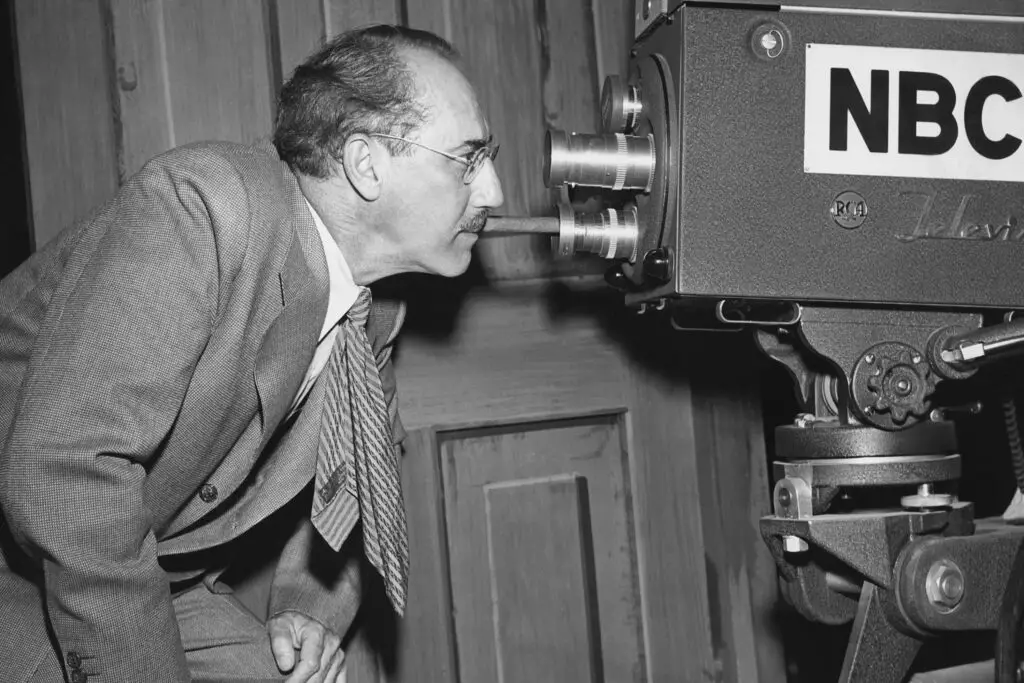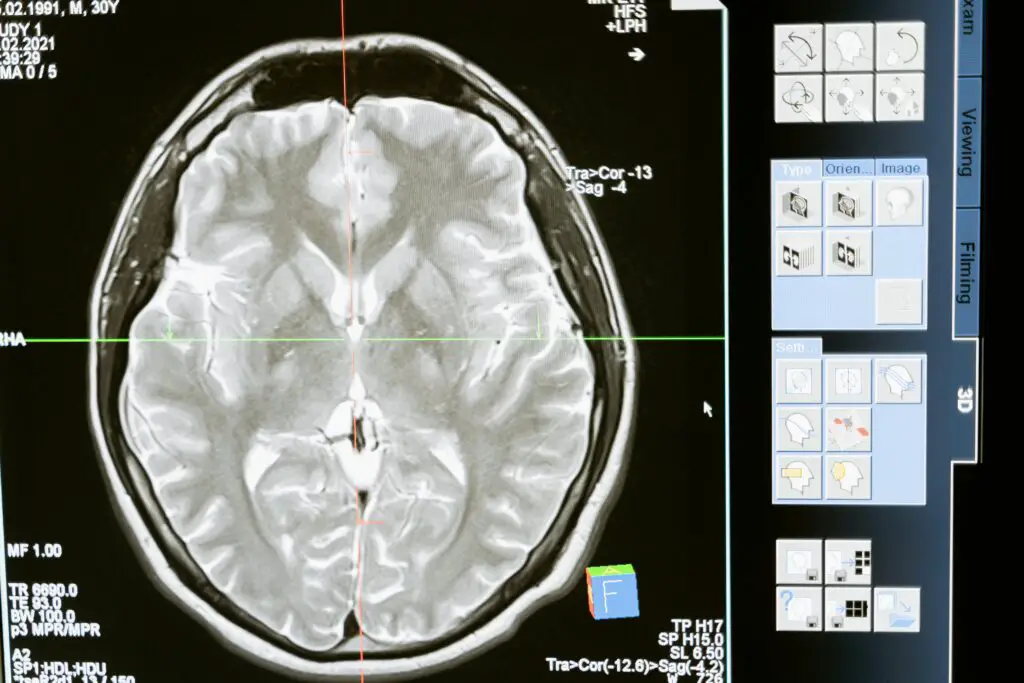1. Sneezing Meant Your Soul Could Escape

Back in the day, a sneeze wasn’t just a sneeze. Many people genuinely believed that when you sneezed, your soul could fly right out of your body, leaving you vulnerable to evil spirits or even death. That’s actually where the phrase “bless you” came from, as a way to protect the sneezer and keep their soul intact. It may sound wild now, but for centuries, this was taken very seriously across different cultures shares the Guardian.
In some places, sneezing was even considered an omen—good or bad depending on the time of day. People would avoid making important decisions after sneezing, thinking it was a warning. Others believed holding in a sneeze could prevent disaster adds Quora. We’ve come a long way since then, though some folks still feel superstitious about a well-timed “achoo.”
2. Women’s Wombs Could Wander

Ancient Greeks had some unusual ideas about anatomy, and one of the strangest was the belief in the “wandering womb.” They thought a woman’s uterus could move freely around her body, causing all kinds of mysterious ailments. If a woman was fainting, anxious, or showing any symptoms doctors couldn’t explain, they often blamed her roaming womb says Wikipedia.
To fix it, treatments ranged from foul smells near the nose to sweet perfumes near the pelvis, in hopes of luring the womb back into place. Women were even advised to marry and bear children early to “anchor” their womb. Of course, we now know that’s not how any of this works. But for centuries, this idea shaped how women’s health was misunderstood and treated adds WIRED.
3. Too Much Reading Would Overheat the Brain

In the 18th and 19th centuries, some doctors warned that reading excessively could overheat your brain and damage your nerves. They especially cautioned women against diving too deep into novels, fearing it would make them overly emotional or physically ill. This belief wasn’t just about health—it was rooted in the idea that women should focus on domestic duties, not intellectual pursuits.
Parents and teachers sometimes restricted access to books for fear of “mental overstimulation.” Libraries even had guidelines about what genres were considered safe. Ironically, reading became a quiet act of rebellion for many. These days, we wish more people read too much.
4. Left-Handedness Was a Sign of Evil

For centuries, being left-handed was seen as a defect or even a sign of wickedness. In many cultures, the left hand was associated with darkness, bad luck, and even demonic influence. Children who showed signs of favoring their left hand were often corrected—or rather, punished—until they learned to write or eat with their right.
This belief had real-life consequences, with teachers tying left hands behind backs or using sharp words and even rulers to “fix” the behavior. In religious and social settings, the right hand was seen as good and pure, while the left was avoided. Some languages still reflect this bias. Thankfully, lefties today can thrive without fear of being labeled cursed.
5. Cutting Hair Could Drain Your Strength

In many ancient cultures, hair was believed to hold your personal power. So, cutting it wasn’t just a style choice—it could be seen as an act of weakening yourself. This belief was so strong that some warriors refused to cut their hair before battle, thinking it would make them vulnerable.
Samson from the Bible is a famous example, but he wasn’t alone in this idea. In some places, people thought trimming hair could shorten your life. Others believed it could drain your energy or even your soul. These days, we mostly cut our hair for convenience, but the idea of it being spiritually significant still lingers in some traditions.
6. Body Odor Was Protective

Before deodorant existed, body odor wasn’t just tolerated—it was thought to serve a purpose. Many believed that the natural smells from your body could ward off disease or evil spirits. Some even thought that washing too often would remove these protective oils and leave you open to illness.
As strange as it sounds now, personal hygiene was approached with caution in certain eras. Bathing too frequently was seen as risky, especially during plagues or outbreaks. People wore strong perfumes or herbs instead of washing, assuming it was safer. The idea of “good bacteria” was still centuries away.
7. Bloodletting Was a Cure-All

If you were sick hundreds of years ago, there’s a good chance someone would suggest bloodletting. Doctors believed that most illnesses were caused by imbalances in bodily fluids called “humors,” and letting out blood was thought to restore balance. It didn’t matter if you had a fever, headache, or even a sore throat—bloodletting was the go-to remedy.
Sometimes, they used leeches, and other times, they’d just cut a vein. It was painful, unsanitary, and often did more harm than good, but people believed in it wholeheartedly. Even George Washington underwent bloodletting during his final illness. It’s a haunting reminder of how little we once knew about the human body.
8. You Could Catch Illness from Reading a Book

In the late 19th and early 20th centuries, some people genuinely feared that library books could spread disease. Tuberculosis and smallpox were especially feared, and libraries were occasionally shut down or their books disinfected. The idea was that bacteria or viruses could cling to pages and infect the next reader.
Some libraries baked their books in special ovens or wiped them down with formaldehyde. Others simply banned borrowing during outbreaks. Though science eventually showed this was mostly unnecessary, the fear was very real. It also led to long-standing myths about public items being “germ factories.”
9. Staring Too Long Could Make You Sick

In some parts of the world, there was a fear of the “evil eye,” and it was believed that if someone looked at you with envy or malice, they could cause you physical harm. Babies were thought to be especially vulnerable, so mothers would adorn them with protective charms or paint dots on their foreheads.
Even adults believed they could fall ill from someone’s stare, especially after a string of bad luck or a sudden sickness. To this day, some cultures still practice rituals to remove the curse of the evil eye. While it might sound superstitious, it shows how deeply emotions and health have been connected through history.
10. Bones Could Be Made Stronger with Vinegar

During the Middle Ages, it was thought that drinking vinegar or soaking bones in it could strengthen the skeleton. Some people believed vinegar could toughen bones or make them less likely to break. Athletes and soldiers were known to gulp it down regularly in hopes of gaining an edge.
While vinegar does have some mild health benefits, it doesn’t do much for your bones. Still, the logic came from observing how vinegar affects calcium-rich items, like softening egg shells. It’s another case of drawing conclusions from surface observations. Today’s bone health advice thankfully includes calcium, vitamin D, and weight-bearing exercise.
11. Digesting While Standing Was Dangerous

For a long time, it was believed that standing or moving around right after eating could cause serious digestive issues. Some thought your food needed to “settle” while you stayed perfectly still, or else it wouldn’t digest properly. It wasn’t unusual for people to lie down or sit very still for hours after a big meal.
In wealthier households, this turned into a kind of ritual, with family members lounging together in near silence. Over time, this idea faded as people realized the body is quite capable of digesting even while walking. These days, some even recommend gentle movement after meals to help things along. But that old advice to “sit and digest” stuck around for quite a while.
12. Brain Size Meant Intelligence

Phrenology was all the rage in the 19th century, and it claimed that the bumps and size of your skull revealed your personality and intelligence. People would have their heads measured and analyzed by so-called experts who claimed to read their character through touch. Bigger heads were often assumed to mean smarter minds.
This led to all sorts of prejudiced ideas and false hierarchies based on head shape. It was used to justify racism, sexism, and classism, with devastating effects. Even though it was eventually debunked, phrenology left a lasting impact on how people viewed intelligence. It’s a good reminder that “scientific” ideas aren’t always based in fact.
13. Teeth Were Connected to Organs

Some early medical theories believed that your teeth were linked by invisible “channels” to various organs. So, a problem in your molars might be blamed for a liver issue or stomach pain. This belief led to unnecessary extractions and wild diagnoses that had little to do with dental health.
In some cases, people pulled perfectly healthy teeth thinking it would cure migraines or kidney problems. Even today, remnants of this idea still exist in some alternative health circles. While oral health does affect your overall wellness, it’s not as direct or mystical as they once believed. Still, it shows how interconnected people assumed the body to be.
14. Dreaming Could Predict Your Health

Before modern medicine, dreams were often used to diagnose or predict illness. People believed that certain symbols or feelings in a dream could indicate a brewing physical problem. A snake might mean stomach issues, or drowning could point to lung trouble.
Doctors and healers even kept dream dictionaries to help interpret symptoms. This belief blurred the line between physical and spiritual health, with dreams serving as early warning signs. While we now rely more on lab tests than dream analysis, some still think our subconscious gives clues. It’s an old habit that’s hard to shake.
15. You Had a Finite Number of Heartbeats

One of the more modern but still strange beliefs is that every human is born with a set number of heartbeats. The idea was that if you exercised too much or got too excited too often, you’d burn through your allotment faster and die sooner. Some people actually avoided workouts altogether because of this.
It sounds silly now, given everything we know about the benefits of cardio. But this belief was repeated in newspapers and books well into the 20th century. It tapped into a fear of aging and the unknown inner workings of the heart. Thankfully, most of us now see movement as life-giving, not life-shortening.
